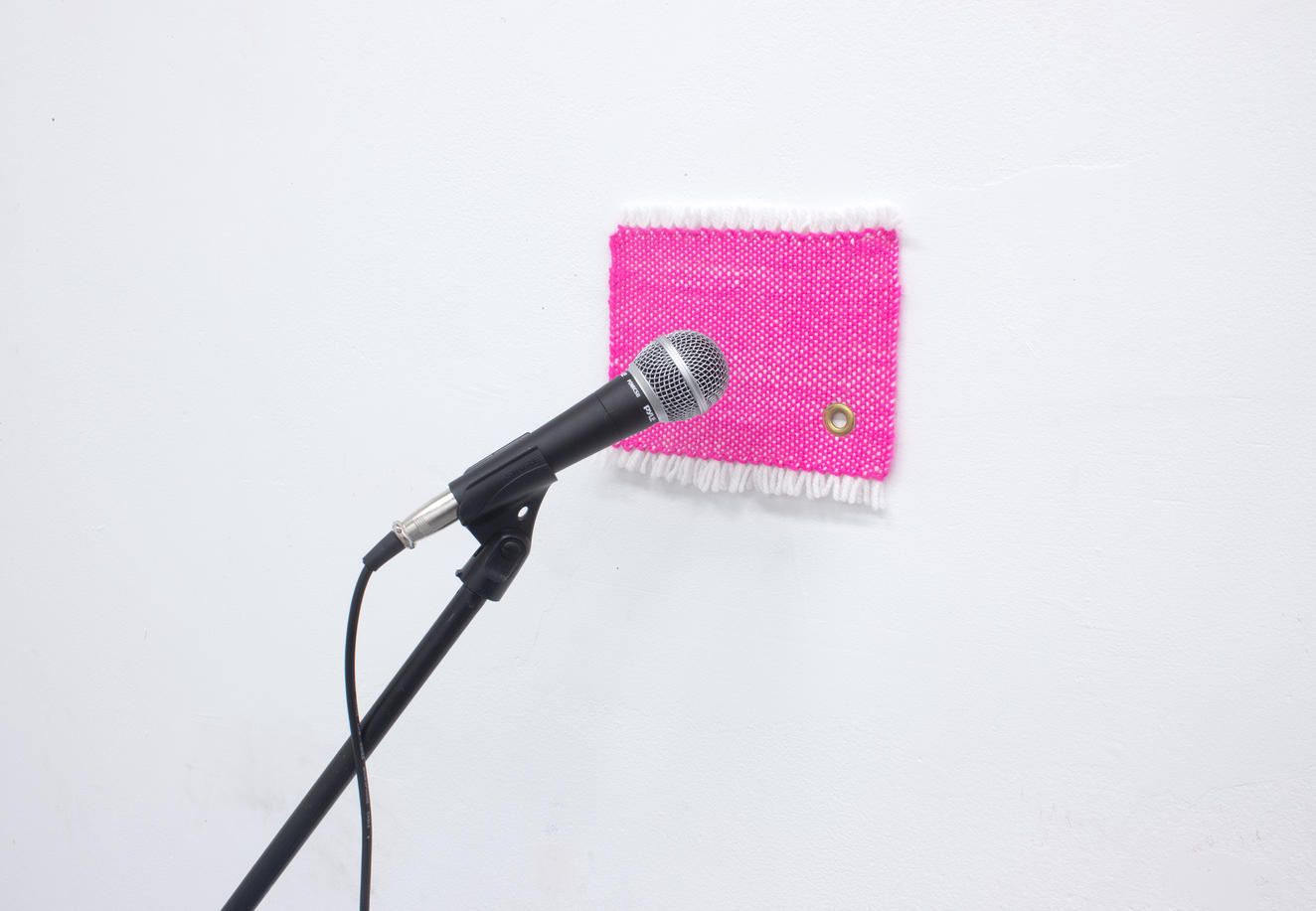I begin with the assertion that textiles are agents-deemed-objects.
In the face of material intelligence, we insisted our written word was all there was to know. Having, for at least 500 years, disregarded the voices of agents-deemed-objects—their screams, their cries, their begging wishes, their jubilant exclaims, their quiet hums—I wonder what return there may or may not be to communication between us. We have demanded so much of these agents-deemed-objects and given nothing back. In light of the demands we have made, I am interested in the impossibility—or perhaps refusability—of conversation. When we strip an agent of its voice, deem it an “object,” and demand it to work in service of us, why would it offer its voice back to us?
I am interested in probing at this tender spot—this hole—in our episteme. These creative gestures are not a proposed solution for how to repair our relationship with agents-deemed-objects, or on how to begin to converse again. This work is perhaps an opening, a demand that some form of redress must occur. We must begin to converse again. In the meantime, I think it is best we listen to their silence and think about what we’ve done for a while.
The author interviews a Chimú textile.
Colin Orihuela is a junior at Brown University studying American Studies and Visual Art.
